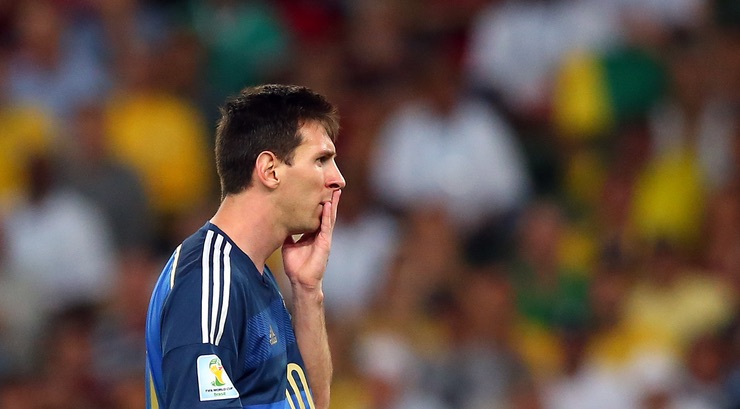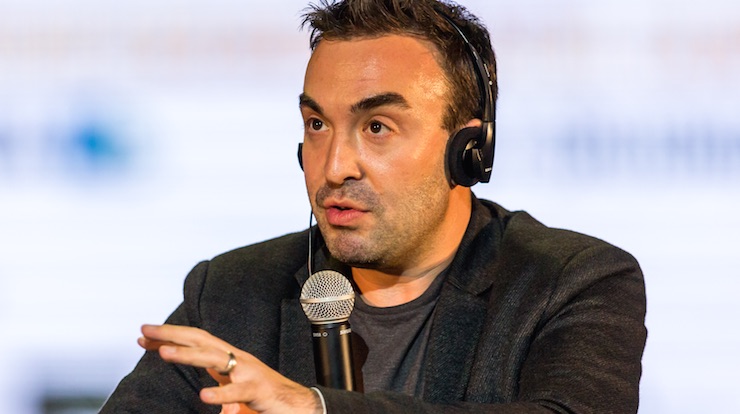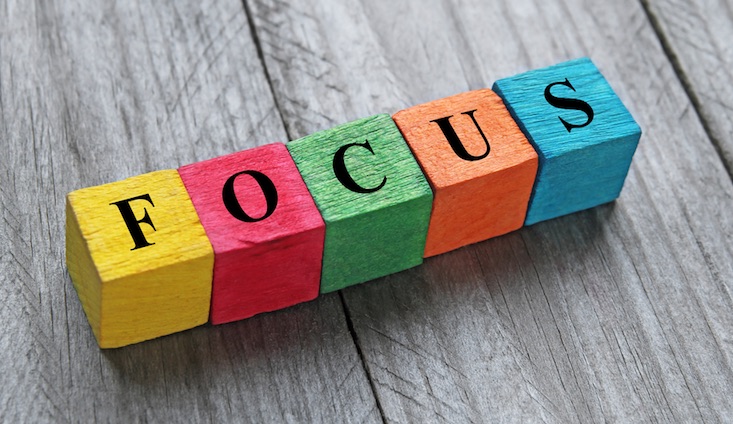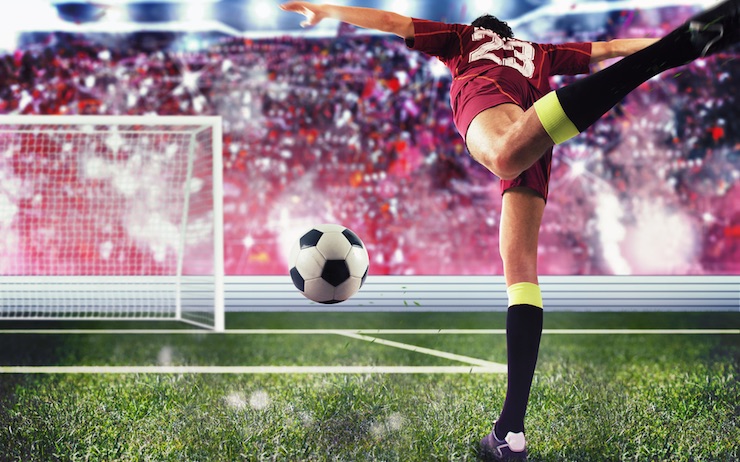What Playing Soccer Can Teach Youth Soccer Players
SoccerToday’s columnist Dan Abrahams shares his insights and advice for success on the soccer field for players of all ages.
A global sport psychologist and author specializing in soccer, Abrahams is based in England and works with professional soccer players in the English Premier League (EPL). Abrahams has helped hundreds of soccer players – many of them who play in the English Premier League (EPL) and others who play across Europe. Abrahams has held contracts with QPR, Fulham, Crystal Palace, West Ham among other top clubs, working quietly — behind the scenes — with many pro players and making a huge difference.
Soccer Players: TheImportance of Focus and Dealing with Distraction
Is there anything more important than focusing on the soccer pitch? The game demands that you pay attention every single second – because of its speed — there’s always something to do, always an action to take – -whether you have the ball at your feet or not.
Focus at school, college or at work may work a little differently to the soccer pitch.
Life isn’t quite as quick as a soccer match.
You have to focus for sustained periods of time if you are revising or striving to complete an important project, but the pressure to stay constantly alert isn’t there.
The similarities between soccer and life when it comes to focus lie in the skill of dealing with distraction. I use the word ‘skill’ to emphasize its importance and to suggest that it can be improved.
Dealing with distraction is a skill that is vitally important and can be improved!
On the soccer pitch, a player can become distracted by numerous things – the movement and runs of the opposition, a mistake he or she has just made, a refereeing decision, or even the state of the pitch or the inclement weather conditions.

When you’re doing your school or college work or completing a work project. distraction usually comes in the form of your phone or internet, or your friends, a work colleague or member of your family.
I must admit right now, as I write this article I feel the urge to have a peek at my twitter feed. And, as I write my mind is gently — and sometimes aggressively — weaving the same technique I teach my soccer clients; spot, stop, shift. I spot myself feeling distracted, I tell myself “Stop”, and then I shift my focus of attention and my thoughts back to my work.
And in life, just as in soccer, the key is the speed in which you use this shifting process.
Allow the distraction to linger and it will most likely impede on your work. You’ll click onto that Facebook message when you should be completing your assignment. You`ll have a chat with your work colleague when you know very well that the project deadline is imminent.
My advice? Do what a soccer player should do.
Spot the distraction, stop the distraction, and shift back your focus and your thoughts onto the important thing at that time.
Soccer Players: Self-belief and Confidence
There are countless techniques and philosophies I use in my consultancy with soccer players to help them play with greater confidence and to believe in themselves more.
One that I use regularly with clients and on myself is body language.
For me, how you hold yourself, how you stand, how you walk and the gestures you show are important.
Quite often, a soccer player says to me “This body language is all very well Dan, but is at actually going to make me a better player?”

The answer to that isn’t a simple one.
What I`m not saying is that by using your body language you can become the next Lionel Messi or Alex Morgan.
But what I do believe is that if a player commits to having great body language no matter what, they can start exploring just how good they can be.
You’ve got a pressure game, commit to keeping great body language! You’ve just made a mistake that’s led to a goal against, commit to great body language!
You’re marking a tall, strong, athletic striker, commit to keeping great body language!

By going into a game with an attitude that you’re going to keep great body language no matter what, then you give yourself a chance to stay switched on and to execute your skills with confidence non- stop.
You give yourself a chance to look like a teammate full to the brim with self-belief.
And what about your everyday life?
Great body language in that all important meeting can help you clinch the deal! Great body language when you present to your class can help you attain higher grades! Great body language at that social event can help you attract the right people.
My advice? Do what a soccer player should do.
Aim to keep great body language at the most important times in your life…no matter what
As a sport psychologist I try to practice what I preach.
I don’t play soccer now — so I can`t engage in mental techniques on the pitch, but I can use the tools and strategies that I write and talk about in my everyday and my working life. I can use them to be the very best that I can be.
This is what I love about sport psychology. Mental skills aren’t just for sports.
They`re for the classroom, the workplace and the home – they are for life! They are interpersonal and intrapersonal. They help you create and build relationships, they help you learn about yourself and they enable you to be more effective in the pressure situations that determine how far you go in your chosen profession.








